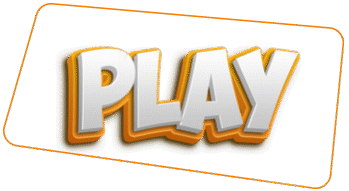
🧭 Peer Assessment Isn’t Just About Feedback — It’s About Growth
Peer assessment means learners review, assess, and reflect on each other’s work. But in Learn Club, we take it one step further: you don’t just give or receive feedback — you learn to drive it.
That means:
You choose the peer.
You create the right conditions.
You build a safe space for honesty.
And you take charge of your own learning.
Because the quality of your peer feedback? It reflects the quality of your environment.
💬 Why Peer Assessment Works (When It Works)
Peer assessment is a powerful metacognitive tool. It builds:
🧠 Critical thinking
🛠 Real-time decision making
🧩 Deeper understanding
💬 Communication & empathy
Research shows that giving feedback may be even more powerful than receiving it1. Why? Because when you give feedback, you activate:
Criteria analysis
Error detection
Solution-building
Which means you’re not just commenting — you’re actually learning by teaching.
🎯 How to Activate Peer Assessment — Quantum Style
Most people passively wait to be assessed. Not you.
At Learn Club, you initiate the process:
🧠 Choose someone whose opinion you respect.
📅 Check in: “Is now a good time to review this?”
🧘♂️ Create a safe, non-defensive space.
👂 Actually want their real thoughts.
The best peer feedback isn’t always the nicest. It’s the most accurate.
And the more accurate it is, the more powerful your next move becomes.
🧬 Why Peer Assessment Is Quantum
Because in a quantum learning system:
Feedback loops speed up your evolution
External eyes unlock internal change
Safe spaces allow uncomfortable truths
And when you start learning to drive this process yourself? You’re no longer just a learner. You’re becoming a self-directed thinker.
🔁 Benefits of Peer Assessment
Increased clarity of learning goals2
Stronger retention of knowledge3
Improved self-regulation4
Deeper understanding of quality and criteria1
But most importantly? It trains your brain to see how learning feels in others. That’s emotional intelligence + critical thinking. Quantum combo.
Ready to Try It?
👇 Download the free lesson. Pair up. Try the activity. Watch what happens.
References
Nicol, D. J., & Macfarlane-Dick, D. (2006). Formative assessment and self-regulated learning. Studies in Higher Education.
Black, P., & Wiliam, D. (1998). Assessment and Classroom Learning.
Hattie, J., & Timperley, H. (2007). The Power of Feedback. the importance of processing, metacognition, memory retrieval, and cognitive load.
Andrade, H. L. (2010). Students as the definitive source of formative assessment: Academic self-assessment and the self-regulation of learning.



